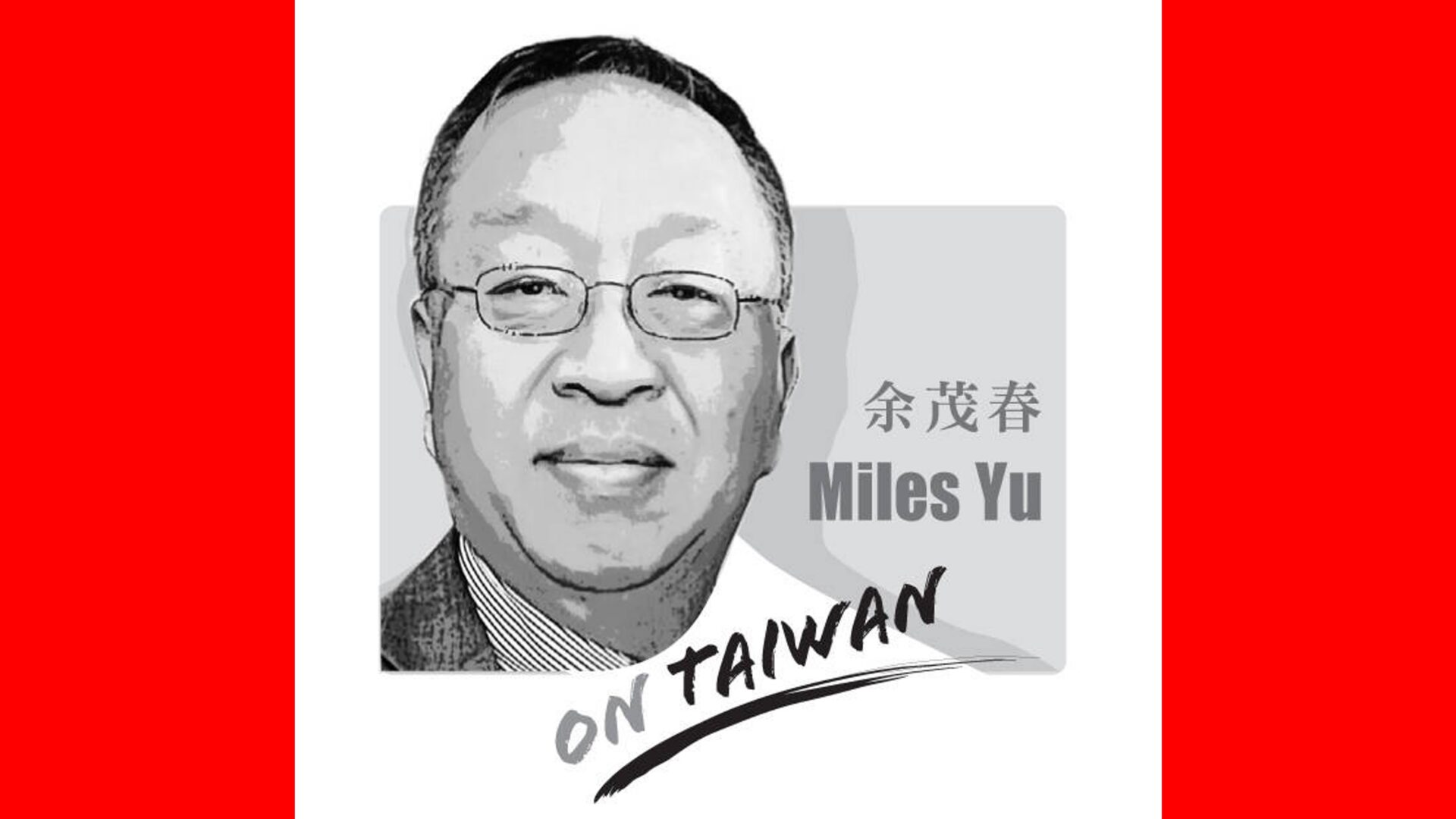
Romania Rejected Communism, It Should Reject Communist 5G.
Newsweek
09.14.23By: Keith Krach
Chinese companies like Lenovo, Huawei, ZTE, and others may appear like typical private businesses but they are, in fact, weapons of a Chinese communist regime that’s even more dangerous than the Soviet Union.”

The key to securing freedom for the next generation is securing technology. Tomorrow’s tech must be trusted tech developed and protected by a Global Trust Network of like-minded countries, companies, and individuals who respect the rule of law, human rights, labor practices, national sovereignty, and the environment.
Related Posts

article
The Era Of ‘Tech Diplomacy’ Is Here
Technology is the new frontier of international relations. The interaction is bi-directional: technology is defining diplomatic matters while diplomacy is also influencing the development and deployment of technology. Take semiconductors as an example. This is a technology that forms the foundation of digital economy, national security, and productivity in almost all industries. Global supply chain in the semiconductor industry is shaping U.S. foreign policy. Conversely, America’s diplomatic effort has been redefining the supply chain. Tech diplomacy is different from science diplomacy, which became a key pillar for the U.S. and other countries since World War II. Scientists participated in treaty negotiations, engaged in bilateral summits and served as attachés at embassies. Primary topics included nuclear proliferation, super-collider construction, human space exploration and environmental science.

By: Miles Yu
article
Miles Yu On Taiwan: China’s lessons—and fears—from the Wagner revolt in Russia
For over a century, tumultuous events thousands of miles away in Russia have impacted China profoundly. Mao Zedong (毛澤東) famously said that the cannon sound of the October Revolution brought Marxism-Leninism to China. Now Xi Jinping (習近平) fears that last month’s Wagner revolt may provide a model for the Chinese Communist Party’s undoing.